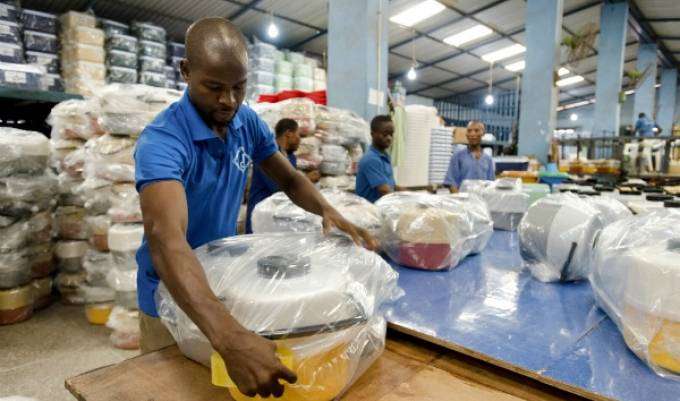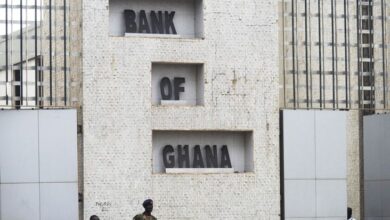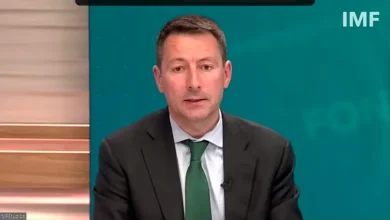Plastic manufacturers warn of dire economic consequences due to 5% Excise Tax

The Ghana Plastic Manufacturers Association (GPMA) is raising alarm over the severe economic consequences that could arise from the newly implemented 5% Excise Tax on all locally manufactured plastic products.
Speaking at a press conference, the Association’s President, Mr Ebo Botwe underscored the lack of prior stakeholder engagement by the government, which they believe could have mitigated the potential adverse effects of this tax.
The GPMA criticized the Ghana Revenue Authority (GRA) for beginning enforcement of the tax without clear guidelines, resulting in demand notices and threats of penalties to manufacturers. They argued that this tax, coupled with the existing 10% Environmental Excise Tax, will drive up costs across various sectors.
“This tax will have a significant impact on everyday products and could lead to increased production costs and prices for consumers,” warned a GPMA representative. “We are calling for its immediate suspension and a more thorough stakeholder consultation,” he said.
The Association emphasized the importance of the plastic industry to Ghana’s economy, noting that it provides employment to millions and is critical to various sectors.
The GPMA stressed that the new tax would ripple through the economy, affecting a wide array of industries that rely on plastic packaging. Everyday items such as food and beverages, household wares, pharmaceuticals, and agricultural products would see price hikes, burdening consumers.
The impact on employment is another critical concern. According to Mr Botwe, the plastic industry directly employs over 39,260 workers and supports approximately 3.71 million jobs through related sectors like plastic waste recycling and the sachet and bottled water industry. A shutdown could send thousands of workers home, exacerbating unemployment and economic instability.
Additionally, the GPMA highlighted the risk of businesses relocating to neighboring countries with more favorable tax regimes, such as Ivory Coast, where the economic environment is more stable. This exodus he says could result in significant losses for the Ghanaian economy, including reduced corporate taxes and SSNIT contributions, which are vital for national development.
The association also pointed out the broader economic repercussions, including increased production costs due to higher duties on raw materials and elevated electricity bills.
They warned that if the tax is not suspended, it could create a hostile environment for manufacturing, driving more businesses to cease operations or move abroad.
Read also:
By Noble Crosby Annan







